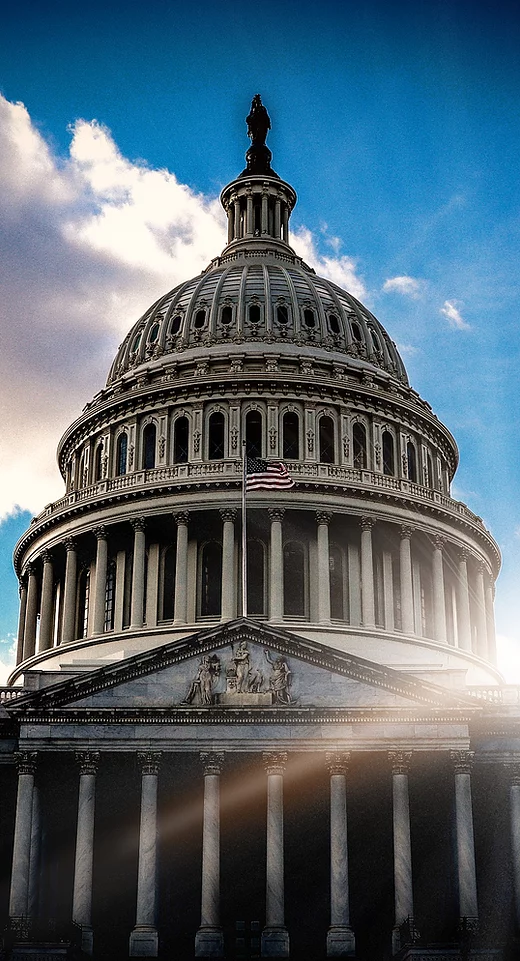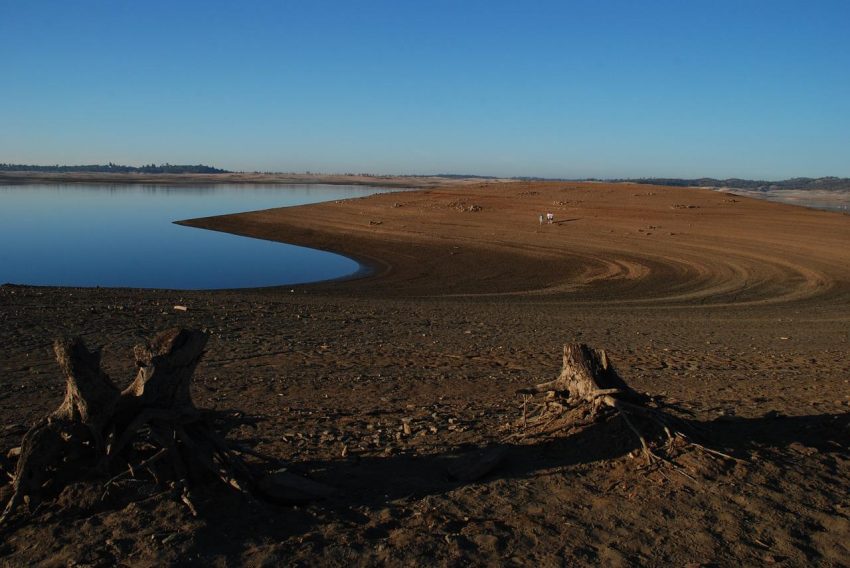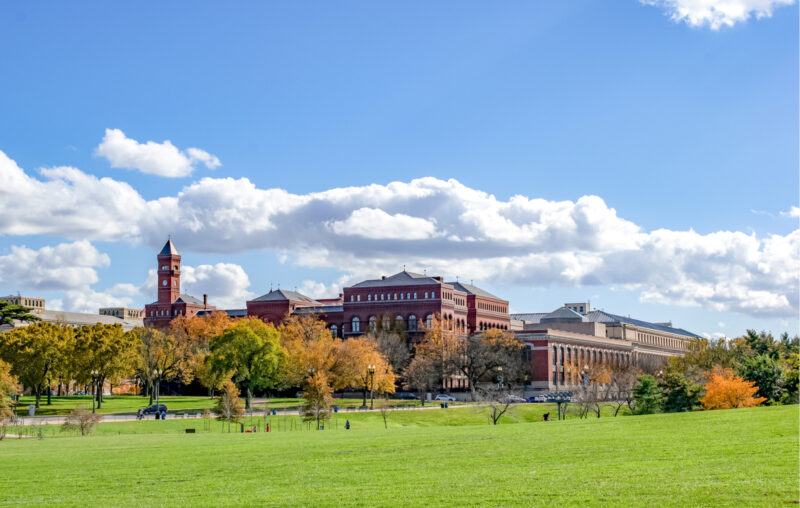
Jane Shaw Stroup’s Commentaries

Why California Needs Higher Prices for Water
California’s extreme drought will force rationing of water or higher prices, say John McKenzie and Richard McKenzie. Raising water prices has a great advantage: “Higher water prices can increase the state’s available water supply—without additional rainfall or...

Should We Even Try to Recycle Plastics?
Pressuring plastic producers to recycle their products has gone on for decades. But two writers at the Atlantic have now concluded, “Plastic recycling does not work and will never work.” In the U.S. in 2021 only 5 percent of all post-consumer plastic was recycled. Furthermore, they say that the plastic producers deny this and those denials are “reminiscent of” the tobacco companies in making false claims. (For years, many tobacco firms rejected the idea that cigarettes caused cancer.)

What’s Wrong with Planting More Trees?
Planting trees to sequester carbon and prevent carbon dioxide emissions has become very popular (whether it is accomplishing much or not). Now the New York Times reports that the effort to save the world is causing local ecological harm by bringing in non-native species.

Don’t Worry about Greenland’s Melting Ice
Greenland ‘s ice mass is melting—but more slowly than it did a decade ago, and its level right now is about the same as in the 1930s. But little of this information reaches the media or even the reports of the Intergovernmental Panel on Climate Change (IPCC)…

Laws, Sausages, and Land-Grants
The agricultural and technical university, which often has “state” in its name, is typically a land-grant university formed under the auspices of the Morrill Act of 1862. It was meant to be a practical, down-to-earth “people’s university,” and even today it is less prestigious than the state’s traditional university, usually founded much earlier. But the emphasis on technology has made some of the land-grant universities research powerhouses and often bigger than their in-state rivals.

The Case for Retirement Communities
A retirement home has some resemblance to a college dorm. But that’s a good thing. Unlike a typical apartment complex, where one rarely knows one’s neighbors, a retirement home allows meeting many people—at meals, exercise classes, lectures and clubs.

Student Loans: A ‘National Catastrophe’
Review of The Debt Trap: How Student Loans Became a National Catastrophe, by Josh Mitchell (New York: Simon & Schuster, 2021) 261 pp.

Going Against the Grain
In 1973, John Baden and Richard Stroup proposed selling off the U. S. Forest Service to private owners, some nonprofit and some for-profit. In an article in the Journal of Law and Economics, they argued that commercial timber would be better managed by private companies, and non-profit organizations like the Sierra Club could protect the important environmental areas.